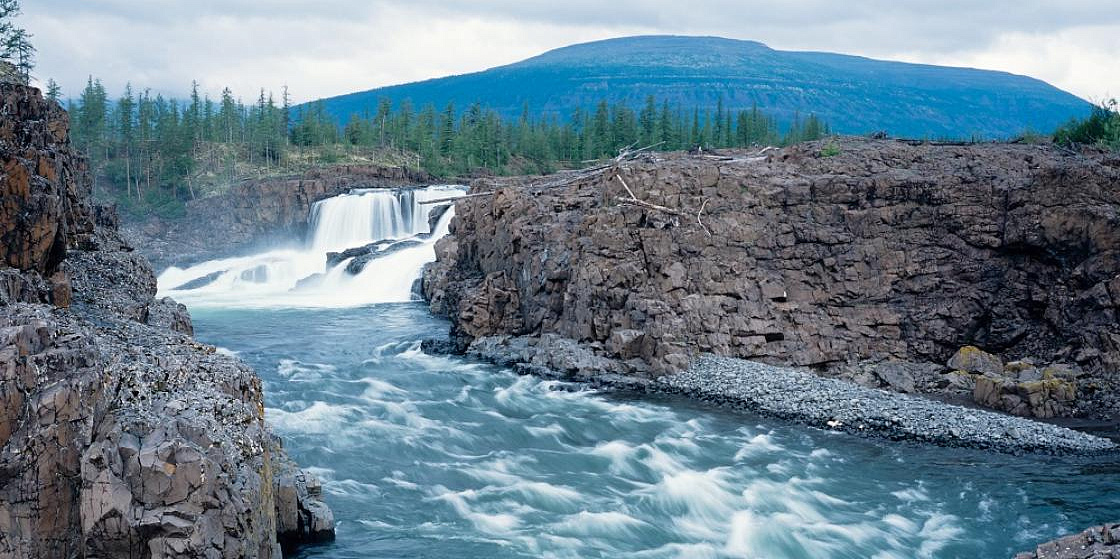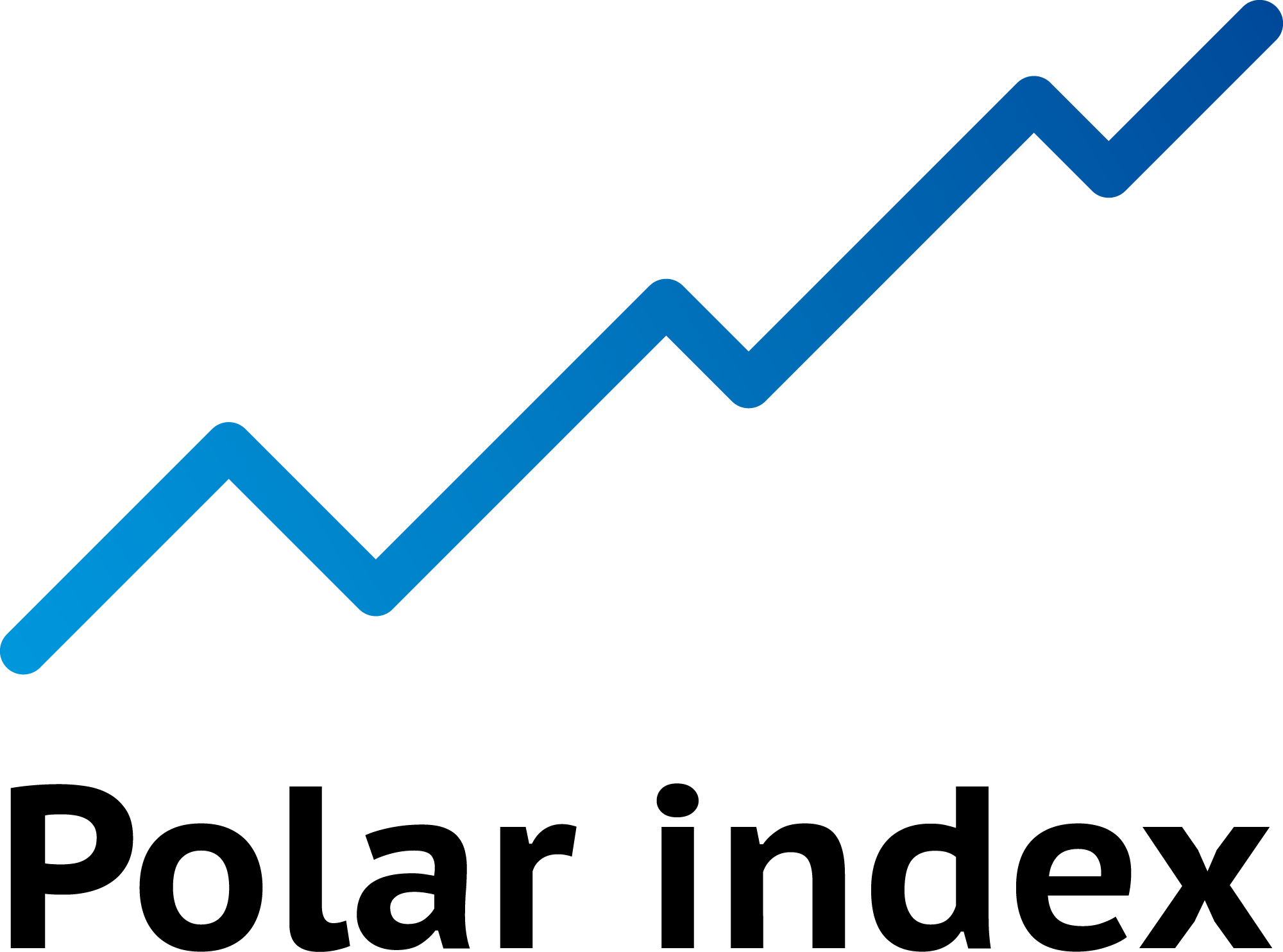
Photo: Terekhov Alexander/GeoPhoto.ru
Global Energy Challenges and Russia’s Arctic Agenda
On 24 September, Deputy Prime Minister Alexander Novak spoke at the UN High-level Dialogue on Energy to convey the Russian vision of the prospects of change in the world energy market in light of climate challenges. He made the following points:
It is the Russian Arctic whose oil and gas resources will play a major role in strengthening this country’s foothold in the world energy market. With Yamal LNG up and running, other flagship projects such as Arctic LNG 2, Vostok Oil etc. will be launched in the near future.
At the same time, the Russian Arctic will become an arena for introducing cutting-edge energy technologies. For instance, in the Yakut Republic and Murmansk Oblast, new wind parks are already under construction. With the Akademik Lomonosov nuclear power barge supplying energy to the Chukotka Autonomous District, Rosatom is working towards producing a series of small and simpler units for generating electricity from nuclear power to be deployed in remote off-grid areas in the Arctic. In turn, the Snowflake Research Station will focus on developing technologies for producing hydrogen, -- a clean fuel for a decarbonized economy.
- Today, every fifth person in the world has no guaranteed access to electricity. According to forecasts, global energy consumption is expected to increase by 50% by 2040. “Russia’s priority is to eliminate energy poverty and ensure that affordable energy is available to all consumers worldwide”, said Mr. Novak.
- Efforts to counter climate change should not restrict access to energy or be used as an argument in the competition for energy markets, including through putting restrictions on suppliers.
- Russia’s energy policy is aimed at enhancing energy efficiency and reducing contaminating emissions. Russia’s energy balance is one of the most advanced in the world, with non-carbon (hydropower stations, nuclear power stations and renewable energy sources) or low-carbon (natural gas) sources accounting for about 87% of energy production in this country.
- By 2035, RES share in Russia’s energy balance may be brought to 45% and the share of non-carbon and low-carbon energy sources to 90%. Russia will keep taking steps to gradually increase the share of clean energy sources in its energy balance by stimulating the development of gas fields, LNG production, nuclear power generation and the production of hydrogen fuel.
- It is important to maintain a balance between traditional and alternative energy sources. This is the only possible path of evolution to the low-carbon future without damage to energy security.
It is the Russian Arctic whose oil and gas resources will play a major role in strengthening this country’s foothold in the world energy market. With Yamal LNG up and running, other flagship projects such as Arctic LNG 2, Vostok Oil etc. will be launched in the near future.
At the same time, the Russian Arctic will become an arena for introducing cutting-edge energy technologies. For instance, in the Yakut Republic and Murmansk Oblast, new wind parks are already under construction. With the Akademik Lomonosov nuclear power barge supplying energy to the Chukotka Autonomous District, Rosatom is working towards producing a series of small and simpler units for generating electricity from nuclear power to be deployed in remote off-grid areas in the Arctic. In turn, the Snowflake Research Station will focus on developing technologies for producing hydrogen, -- a clean fuel for a decarbonized economy.
27 September 2021




